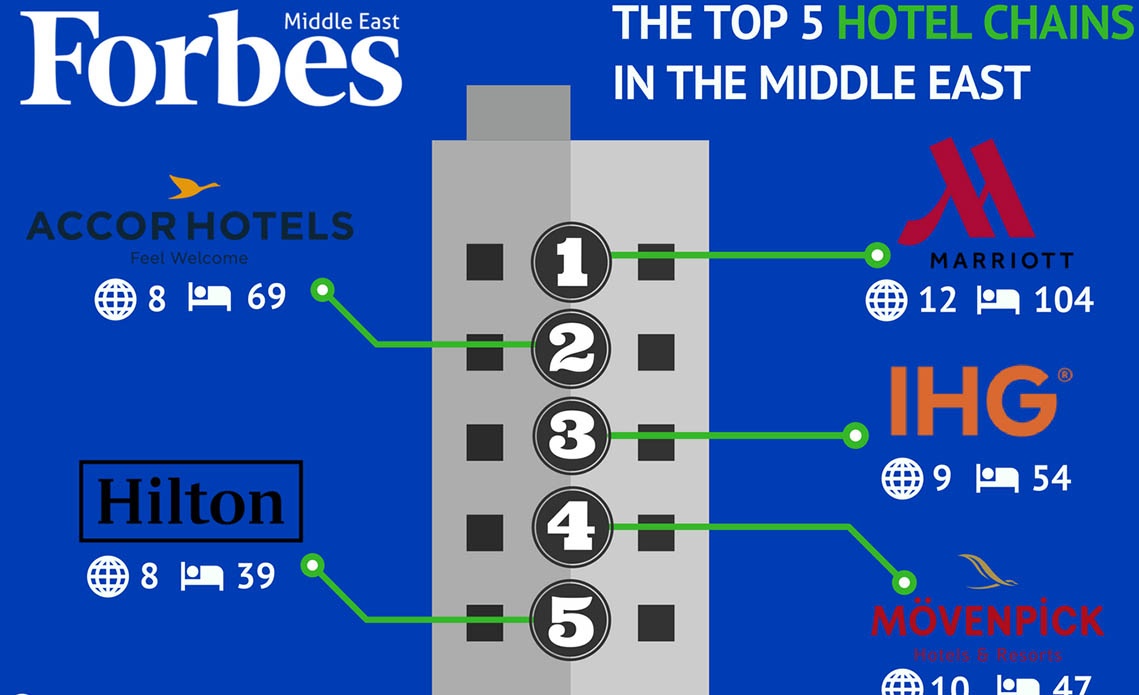

Most young entrepreneurs today are looking to be the next big thing, with models based on disruption, new technology, radical change or luxury. But there is an alternative. A look at the businesses owned by the top Indian leaders in the Arab world tell a different story. Very few of them cater to a luxury clientele. And almost none of them are technology-based. What most do is provide value to their customers. For example, our number one leader Yusuff Ali’s LuLu Supermarket chain is not the most luxurious, but its appeal among consumers makes it one of the biggest retail chains in the region. This year we have also compiled a list of top Indians who hold executive positions in both multinationals and local businesses. Among these executives, education is the differentiating factor. Over 80% either have Master’s degrees or are chartered accountants, and 70% hold leadership positions in Middle Eastern companies. FORBES MIDDLE EAST has also compiled a list of the most successful second-generation Indians in the Arab world. Methodology: We collected information from questionnaires, industry or government reports and company websites. For the few companies where we could not find revenues, we made estimations based on other available information, such as volume and capacity. We were not able to include some individuals with large businesses due to lack of data. Criteria for the top Indian owners: - Financial impact: Revenues of the company irrespective of ownership stake. - Employment impact: Number of employees. - Robustness: Age of the company. - Editorial points: Factors such as positions on industry bodies, personal achievements, CSR initiatives and ownership stake were considered. - Criteria for the top Indian executives. - Financial impact: Revenues of the company irrespective of ownership stake. - Employment impact: Number of employees. - Experience: Number of years in the industry. - Title: The importance of the role in the organization. - Editorial points: Factors such as positions on industry bodies, personal achievements, CSR initiatives and ownership stake were considered.
Top 10
Full List

No Data













